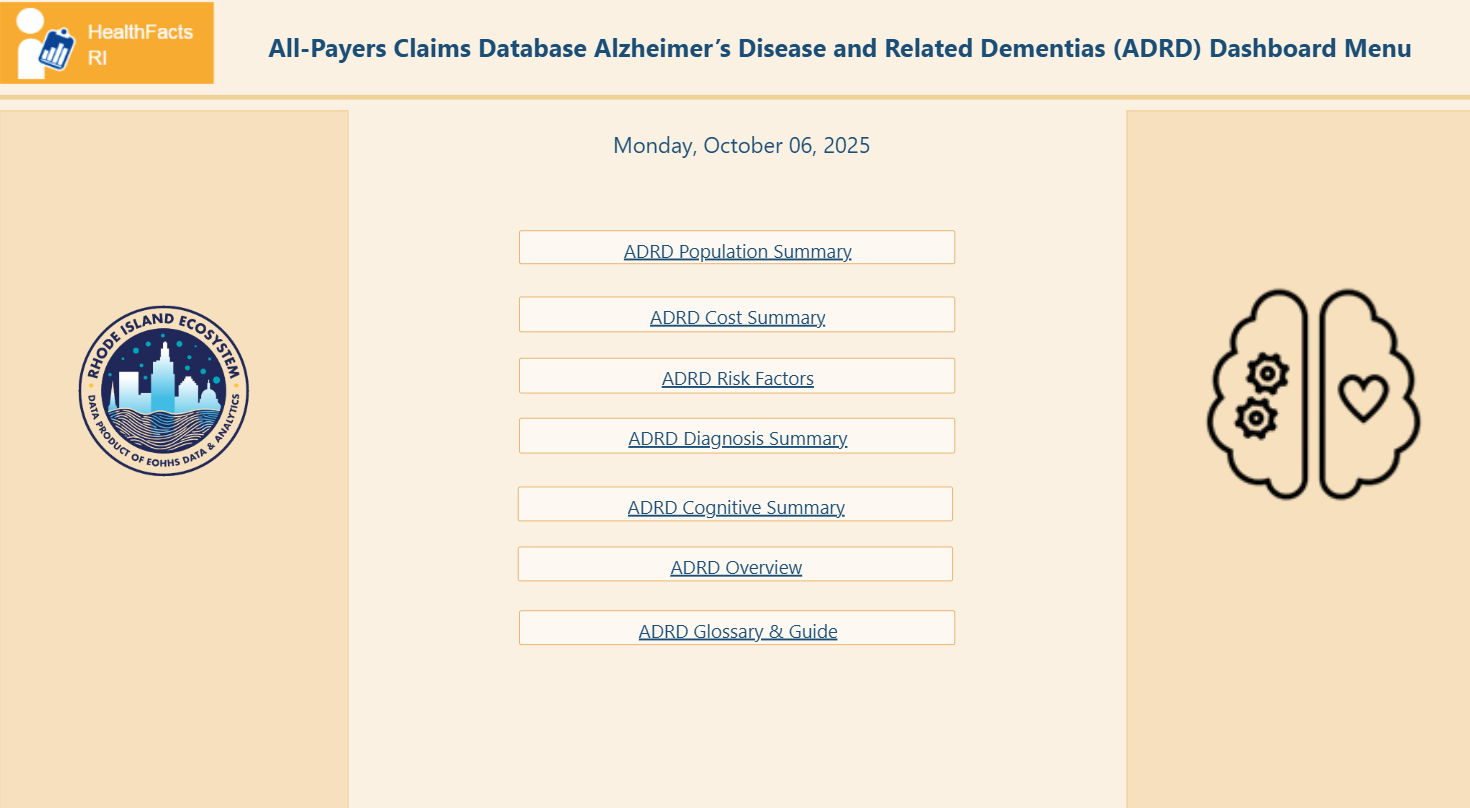Alzheimer’s disease is a progressive and irreversible brain disease that obstructs memory, thinking, behavior, and judgement. Symptoms usually develop slowly and worsen over time. During later stages, individuals often lose the ability to complete daily tasks and respond to their environment. Alzheimer’s is the most common type of dementia, accounting for 60 to 80 percent of cases.
Dementia refers to a group of symptoms that impairs cognitive functioning and behavioral ability. There is currently no cure for dementia, but some treatments can slow the progression of symptoms and temporarily delay memory loss. Today, there is a worldwide effort to prevent and effectively treat Alzheimer’s and related disorders.
To learn more about the differences between Alzheimer’s disease and dementia, visit:
alz.org/alzheimers-dementia/difference-between-dementia-and-alzheimer-s
The Center for Disease Control and Prevention (CDC) identifies 10 warning signs of Alzheimer’s disease including:
- Memory loss that disrupts normal life: repeating oneself, forgetting important names or events.
- Difficulty problem solving or planning: having trouble following a recipe or playing games.
- Challenges completing familiar tasks: having trouble using a phone or driving.
- Confusion with time or place: losing track of time or getting lost in familiar places.
- Trouble with spatial awareness: clumsiness, issues with balance.
- New problems with language: forgetting words or having trouble forming a sentence.
- Frequently misplacing items: difficulty retracing steps.
- Decreased judgment: difficulty caring for a pet, poor hygiene, not managing money well.
- Withdrawal from work or social activities: not wanting to go to usual events.
- Changes in mood or personality: easily becoming irritable or upset.
People with one or more of the 10 Warning Signs of Alzheimer’s are encouraged to speak with their doctor. An early diagnosis provides the best chance at treatment, planning for the future and cost savings. As an example, people who are diagnosed in an earlier stage are able to take steps that ultimately can ease the concerns of themselves and their loved ones, such as taking part in treatment decisions, plans, and perhaps participating in a study.
What you can do:
- Lower your risk of developing Alzheimer’s: Approximately 5.5 million Americans age 65 and older live with Alzheimer’s and this number is projected to increase as the population ages. Although there are no proven prevention strategies, certain lifestyle choices have the potential to improve your brain health and lower your risk for Alzheimer's disease and related disorders:
- Exercise regularly and commit to a balanced, heart-healthy diet
- Get at least 6-8 hours of sleep per night
- Maintain strong social connections and engage in cognitively stimulating activities
- Protect your head by:
- Wearing a seat belt
- Wearing a helmet when participating in sports or riding a bicycle, scooter, motorized bicycle, or motorcycle
- Making your home “fall-proof”
- Control and manage chronic diseases by regularly checking in with your doctor and by maintaining positive lifestyle behaviors, including a healthy diet, regular exercise, and good sleep. For more information on self-management tools and preventive health workshops, visit our Community Health Network Page.
- Avoid smoking. There is growing evidence that smoking is associated with cognitive decline and dementia.
- Maintain a healthy weight.
- Learn more about resources that are available for chronic disease and management and prevention if you have or are at risk of developing hypertension, prediabetes, or diabetes.
- Click here to learn about 10 healthy habits for your brain.
- Get screened: If you have a decline in memory loss or thinking that affects your ability to perform daily tasks, ask your doctor to screen you for Alzheimer’s and related conditions. Early evaluation and diagnosis of Alzheimer's disease and related disorders are important for maximizing the benefit of available treatments and alleviating dementia-like symptoms. To diagnose Alzheimer's disease and related disorders, doctors conduct tests to evaluate memory and cognitive impairment, functional abilities, and behavioral changes. They also perform a physical evaluation and assess whether other health conditions could be contributing to your symptoms. Click here for information about diagnosing Alzheimer's and related conditions.
- Get treatment: Although there is no cure for Alzheimer’s disease, there are medications and alternative treatment options that may help you improve and manage symptoms. Click here to learn more about treatments.
- Cholinesterase and memantine are two types of FDA-approved medications used to treat cognitive symptoms. Speak with your doctor to determine what option is best for you.
- Alternative treatments, including herbal remedies and dietary supplements may help to enhance memory and mitigate symptoms. However, be mindful that there is greater uncertainty surrounding the safety and effectiveness of these methods. Purity of compounds, cost, and interference with other medications must all be considered. Speak with your doctor to determine what options are best for you.

